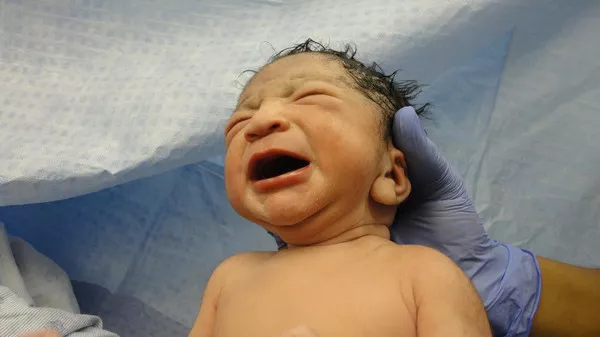In a heart-wrenching case, a mother whose newborn baby tragically lost their life after her solitary birth in a prison cell is anxiously awaiting a coroner’s determination on whether a “prevention of future deaths” report is necessary to avert similar tragedies in the future.
Aisha Cleary came into the world at HMP Bronzefield jail in Surrey in the early hours of September 27, 2019, but her life was tragically cut short at 9:03 a.m. on the same day.
Earlier this year, during the inquest into the infant’s untimely passing, it was revealed that two distress calls made to prison staff by Aisha’s mother, Rianna Cleary, who was just 18 years old at the time of childbirth, went unanswered.
Moreover, a prison officer reportedly passed by her cell with a flashlight while she was in the throes of labor on her hands and knees but failed to offer assistance, as disclosed during the inquest.
Surrey’s Senior Coroner, Richard Travers, declared at the conclusion of the inquest that there is “clear evidence” of “systemic failings” by state agencies that “more than minimally contributed” to the baby’s tragic demise.
On Monday, live testimony was presented at Surrey Coroner’s Court in Woking, shedding light on whether adequate measures have been taken to prevent a recurrence of such a tragedy.
The coroner cited a “number of issues” that must be carefully considered before reaching a verdict regarding the necessity of a “prevention of future deaths” report, with a specific date for this decision yet to be set.
Should the report be mandated, it will be made publicly available online.
In response to the heartbreaking incident, Prisons Minister Damian Hinds expressed his condolences, saying, “Aisha’s death was appalling. We continue to extend our deepest and most heartfelt sympathies to her mother and family.”
Hinds further outlined the steps taken to enhance care for pregnant women in the prison system, including the introduction of specialized mother and baby staff in every women’s prison, increased welfare checks, and improved health and antenatal support. He noted that while there is still work to be done to ensure that expectant mothers in prison receive care equivalent to that available in the community, these changes are expected to significantly reduce the likelihood of such a tragedy occurring in the future.


